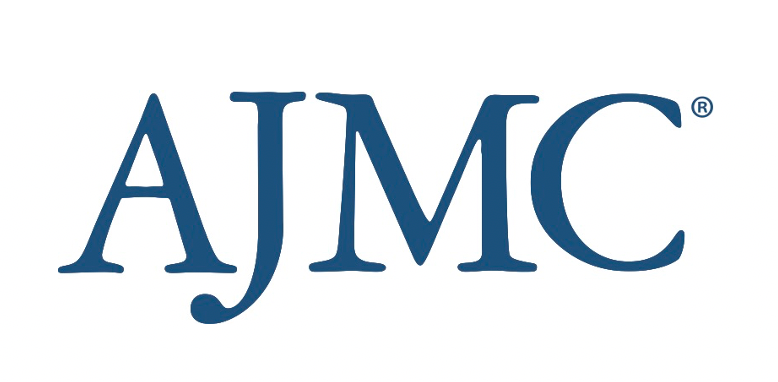
Insurance
Latest News

Latest Videos

CME Content
More News

Celltrion's adalimumab-aaty biosimilar is now accessible for all Costco members, while Amgen sues Samsung Bioepis over the latter’s denosumab biosimilar candidate, and GlycoNex progresses its denosumab biosimilar SPD8 to phase 3 trials.

Changes in formulary coverage for 2024 are impacting Medicare patients' access to and ability to afford various prescription medications.

Some groups praised CMS after it announced the 10 negotiated Medicare drug prices while others criticized its potential impacts on drug competition and development.

Health plans can improve their Medicare Advantage Star Ratings by focusing on member relationships, ensuring proper documentation, grouping measures, staying updated with regulatory changes, and optimizing their strategy based on numerical targets.

On this episode of Managed Care Cast, we discuss strategies to improve 2025 Medicare Advantage Star ratings, especially for smaller plans, with Marge Ciancetta, the product manager of Cotiviti's Star Intelligence solution.

Health insurance premiums for 2025 are expected to rise slightly due to higher prescription drug costs and inflation, according to a new analysis from the American Academy of Actuaries.

As the 2024 election approaches, older adults, who comprise more than half of ballots cast, are highly concerned about health care costs, financial scams, and fraud. Concern varies based on gender and political ideology.

While many states cover routine eye exams, about 6.5 million adults lack comprehensive exam coverage, and around 14.6 million have no access to glasses.

Homebound beneficiaries of a national Medicare Advantage (MA) plan had higher health service use and mortality rates, highlighting the need for tailored care strategies for this population.

Medicare Advantage (MA) enrollment has grown to 32.8 million in 2024, representing 54% of total Medicare spending, with significant variation in enrollment across states and counties.

Medicare Advantage beneficiaries with chronic obstructive pulmonary disease (COPD) who were invited to enroll in a program that reduced inhaler costs and provided medication management had higher inhaler adherence; however, there was no significant impact on exacerbations or overall health care spending.

Medicare Advantage customer service supports a less healthy, higher-need population, indicating that it should be designed and staffed to effectively serve complex, high-need patients.

Decoding Rebates: Study Highlights Need for Further Research into Drug Pricing, Employer PBM Choices
In the second part of our interview with John M. O'Brien, PharmD, MPH, of the National Pharmaceutical Council (NPC), he calls for further research into employer choices and the influence of benefit consultants in the pharmacy benefit manager (PBM) and drug rebate landscape.

Real-world cross-validation of insurer and hospital price transparency data finds low overlap but high concordance between data sources.

There will likely be a 7% increase in Affordable Care Act (ACA) Marketplace plan premiums next year across the 324 participating insurers from the 50 states and Washington, DC.

John M. O'Brien, PharmD, MPH, of the National Pharmaceutical Council, discusses his recent study, which sheds light on how important rebates are when choosing benefits for employers and who advises employers on these choices.

This article reviews the obesity epidemic in America and discusses inadequate insurance coverage.

Almost half of insured Americans report receiving unexpected medical bills, leading to financial strain and contributing to worsening health outcomes for many patients, The Commonwealth Fund report reveals.

The Center on Health Equity & Access reported on new research in youth mental health, with expert perspectives on HIV, liver cancer, and health outreach.

As pharmacy benefit managers (PBMs) come under increased scrutiny from regulatory agencies, here are 5 things to know about their role in the health care system.

This week, the Center on Health Equity & Access delved into the state of equity as it relates to national spending, ovarian cancer care, health technology, insurance coverage, and postpartum depression.

For Minority Mental Health Awareness Month, the Employee Benefits Security Agency (EBSA) in the US Department of Labor highlights the critical need to address mental health disparities among racial and ethnic minorities.

Melissa Clarke, MD, CMQ, the chief health equity officer at Elevance Health, explains "Health Equity by Design" and how Elevance Health is committed to ensuring a personalized and intentional approach for all its members.

New rules aim to curb insurance brokers and protect consumers; data highlights surge in post-pandemic hospital-onset infections; President Biden’s decision to step down highlights Harris’ stance on health care reform and equity.

The Greater Philadelphia Business Coalition on Health webinar series provided an in-depth framework for the advantages of including cell and gene therapy coverage in employer health plans, as well as the challenges brought by manufacturing complexities and the need to address accessibility to treatment.

















